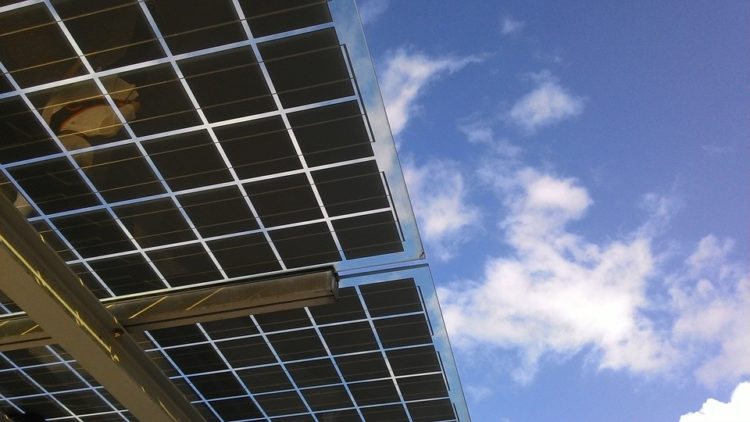The COVID-19 pandemic has hit the world hard, and while the rapid changes to everyday life have caused upheaval and uncertainty, there’s one silver lining.
The climate crisis hasn’t gone away, but as travel has stopped, industries have temporarily shut down and people have shifted to working from home, daily global CO2 emissions have fallen by 17% compared to the 2019 daily average, in line with 2006 levels.

The story is the same in the UK. The energy system has seen an unprecedented period of reduced energy demand, with weekday consumption down by 13% on average. Combined with the right weather – the sunniest May on record and high levels of wind – this has seen renewable energy generation come to the fore of the national energy mix, and a record of two consecutive months without coal.
While lockdown begins to end, we’re likely to see energy demand and emissions return to normal levels. But this has been a turning point for renewable energy, and now is the time for businesses to consider investing in renewable energy to support the transition to a more sustainable future.
Generating renewable energy for your business
The most proactive way that businesses can support the renewable energy revolution, and to reduce their own environmental impact, is by investing directly in renewable energy technology and generating their own energy.
For many SMEs at the larger end of the spectrum, investing in owned generation is more than just a sustainability measure: it makes good commercial sense. This is particularly true for businesses which own land or the building out of which they operate.
Installing solar panels is the easiest way to generate your own electricity. Wind turbines are more expensive and can involve more planning. Both these technologies can help to reduce your carbon footprint, and can also help to reduce your energy consumption and associated costs, as the energy generated is used to power your premises. Read more on how to install solar panels here.
These energy sources can also help to provide a revenue stream for businesses, as excess electricity can be sold to an energy company through a mechanism called a Power Purchase Agreement (PPA) or Export Tariff.
As well as the commercial benefits, generating renewable electricity brings a strong reputational benefit. Consumers are increasingly aware of sustainability and discerning when it comes to choosing who they’ll do business with and look for proof of sustainable practices. Businesses that fail to consider sustainability may lose out to competitors with a more conscious environmental outlook.
A collective effort against climate change
Renewable energy has an increasingly important role to play in the UK’s decarbonisation. Business can be a part of this. Working alongside a specialist partner can make the process simple and investing in renewable energy is a viable option for businesses of all sizes.
Awareness around sustainability is growing, and momentum will only continue to build. Together, we all have our part to play against the climate crisis and in the transition to a more sustainable future. If investing in renewable energy is cost-prohibitive, consider switching to a renewable energy supplier.













